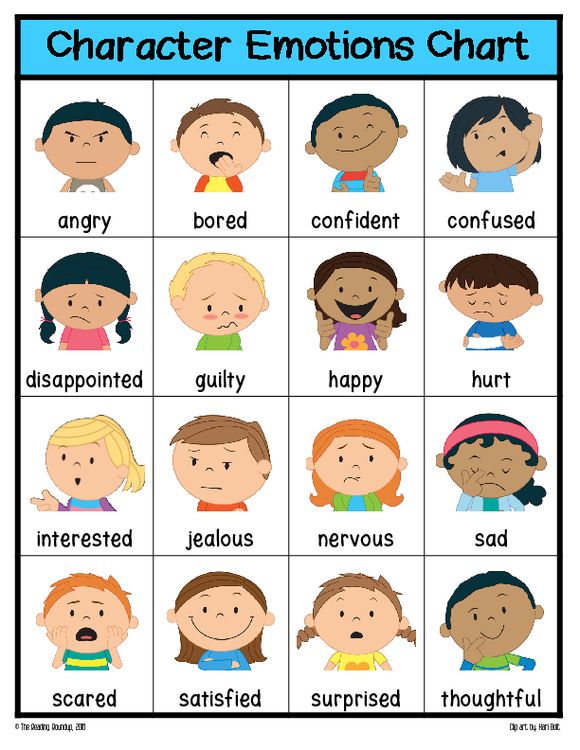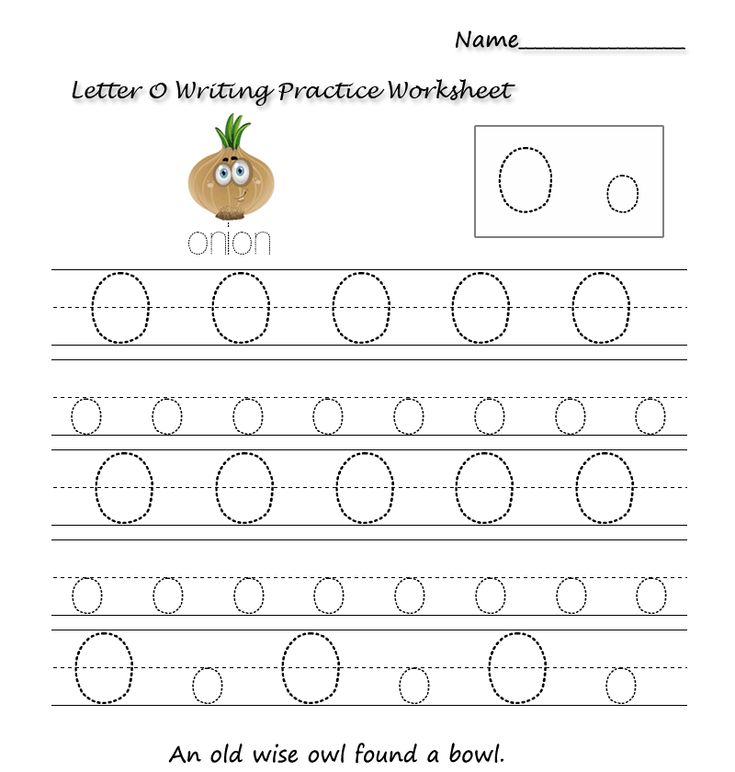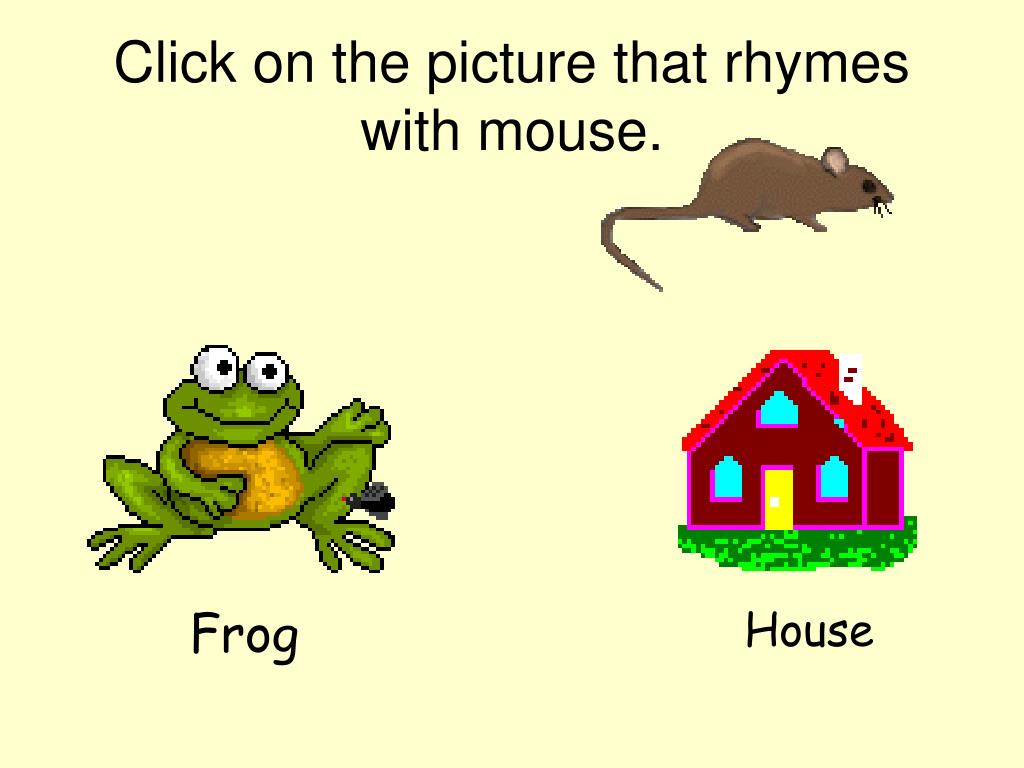How to sound out big words
Strategies for Reading Longer Words
As readers move from reading beginning readers to hard texts, they need to develop strategies for reading longer words. Some readers can make this move almost naturally, while other readers {like my oldest son} do not.
Today, I’m sharing some simple strategies for reading longer words resources you can download for free! {The free printable can be found towards the END of this post. Click on the teal download button.}
*This post contains affiliate links.
**The free printable can be found towards the END of this post. Click on the teal download button.
As my is moving into harder and longer texts (2nd grade), he has begun to really struggle with reading longer words; words like national or unfrozen. This has really affected his motivation to read. So I put my “teacher hat” on and devised a plan for him. He needed some concrete strategies for reading longer words.
Strategies for Reading Longer Words
Now, we are in the middle of working these strategies, one at a time. How long is it taking us? As long as it takes him to “get it”. The strategies included are meant to go in this order* as he “attacks” the word.
- Look for parts you know at the BEGINNING of the word (prefixes). I have listed some very common prefixes in the box. If your child wants to add more on the organizer, maybe ones that are tricky for him, let him do it.
- Look for parts you know at the END of the word (suffixes). Again, I listed some common suffixes that I noticed over and over in my son’s reading.
- Look for VOWEL PATTERNS that you know in the base word. Although vowel patterns and sounds can change when moving from single syllable words to longer words, a lot of them stay the same. Helping kids see the connection between the vowel patterns they already know and applying that knowledge to longer words is a good thing.
- Divide the word into SYLLABLES. If your child does not know how to do this, All About Reading (Level 3) is a great place to start.
 Words Their Way also does quite of bit of syllable sorting in their Syllable and Affix Spellers supplement book.
Words Their Way also does quite of bit of syllable sorting in their Syllable and Affix Spellers supplement book. - Now, make your BEST GUESS. You always want your child to think, “Does this make sense?” The guess should be a real word and should make sense in the sentence. After all, comprehension is the end goal of reading.
*While working through the strategies to read a longer word in a text, a word many not contain a certain feature (for example, a prefix). Ask your child to check for it first. If it does not have one, acknowledge that and move on to the next step.
Model Reading Longer Words
To explicitly teach each strategy, we work on words out of context. While we have time for reading together, I spend 5-7 minutes of looking at words apart from a book. For each strategy, I list words from his reading that fit. For example, when studying prefixes, I pulled words like misspell, dislike, and unhappy.
I write them on (my nice, clean-ha!) dry erase board and together we “dissect” the words with different colored dry erase markers so he can visually see the word parts. We talk a bit about word meanings as well, so he’s getting a bonus vocabulary lesson!
We are not finished with learning these strategies. We will probably work through them for the next year or so, as I help him apply these strategies to longer words in his reading. But I am praying that by making the task of reading longer words more concrete for him, with specific strategies for attacking the words, his motivation will come back.
Not sure where to start? Grab our Upper Grade Phonics Assessment!
Strategies for Reading Longer Words Wall Set
Also included in the free printable pack, thanks to a reader’s request, is a classroom wall set of these strategies (see below).
Like the 1-page strategy page, these can be downloaded in color and black/white. I love the little “poster topper” boy that can be added to them!
I love the little “poster topper” boy that can be added to them!
Enjoy!
~Becky
Find more Multisyllable Word Printables!
Want MORE Free Teaching Resources?
Join thousands of other subscribers to get hands-on activities and printables delivered right to your inbox!
How to Sound Out Words
(from The Teacher’s Guide: Third Grade to Adult Edition)
If a student encounters a word that he does not know how to decode, he must sound out the word. Sounding out a word refers to the process of decoding a word by identifying the sounds of each individual letter in the word and then blending those sounds together. A student sounds out a word when he does not know the identity of the word. There is a specific sequence of steps to follow when using this sounding-out procedure. When a student is sounding out a word, have him perform the following steps, and insist that this sequence of activities be systematically followed.
Procedure To Follow When Sounding Out an Unknown Word:
Step One: Always begin by identifying the vowel sound.
Step Two: After accurately identifying the vowel sound, identify the consonant sound that immediately follows the vowel sound.
Step Three: Blend together the vowel sound with the following consonant sound.
Step Four: If two consonants follow the vowel and do not join to together to form a consonant team, isolate the vowel sound and the first consonant that follows the vowel. Blend those two sounds together. Next isolate the sound of the second consonant following the vowel. Blend the sound of the vowel and the first consonant with the sound of the second consonant.
Step Five: After the vowel sound and all consonant sounds found after the vowel have been blended together, have the student identify the sound of the consonant letter that comes immediately before the vowel.
Step Six: Blend together the consonant sound with the sound of the vowel and the consonant letter or letters that come after the vowel.
Step Seven: If two or three consonant letters come before the vowel and do not join together to form a team, start with the consonant closest to the vowel. Identify that consonant’s sound and blend it with the sound of the vowel and the consonant letters that follow the vowel. Next isolate the sound of the next adjacent consonant letter. Blend that letter’s sound with the sound of the rest of the word that has already been decoded. If a third consonant occurs before the vowel, isolate that letter’s sound last and then blend its sound with the rest of the word.
Teach students always to begin sounding out one-syllable words by identifying the sound of the vowel within the syllable first.
Researchers have discovered that syllables can be subdivided into two component parts. Onsets are that part of the syllable that consist of whatever consonants occur before the vowel; rhymes are that part of the syllable containing the vowel and whatever consonants follow the vowel.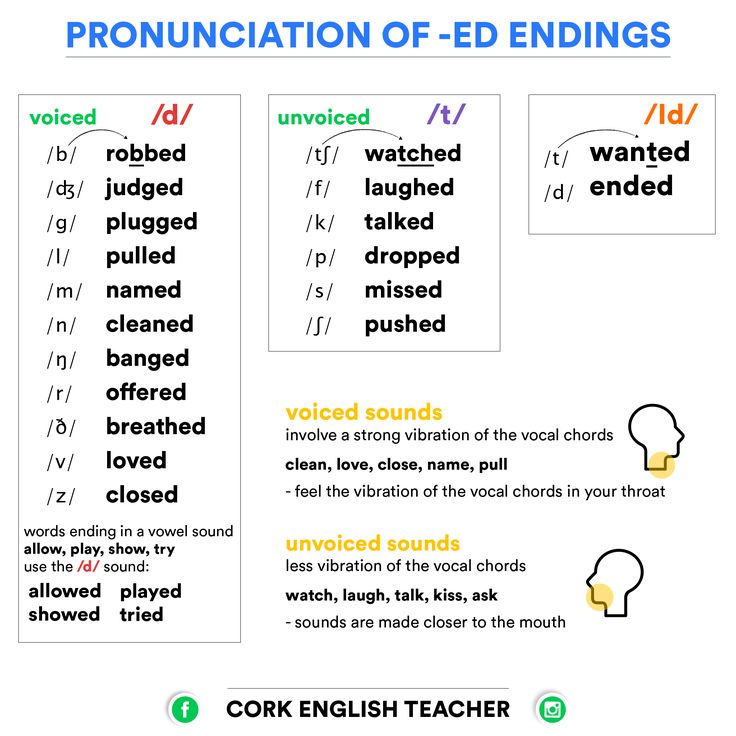 Researchers have further identified the fact that students are more easily able to decode a word by being taught to isolate the onsets and rhymes within words. Thus by teaching students to start the decoding process by isolating the sound of the vowel and any subsequent consonants which follow the vowel, you are in effect teaching students to subdivide a syllable into its most basic component parts.
Researchers have further identified the fact that students are more easily able to decode a word by being taught to isolate the onsets and rhymes within words. Thus by teaching students to start the decoding process by isolating the sound of the vowel and any subsequent consonants which follow the vowel, you are in effect teaching students to subdivide a syllable into its most basic component parts.
When sounding out a word, your student is being asked to perform two tasks simultaneously: 1) to associate a specific sound with a specific letter and 2) to blend smoothly one sound to another. Either of these two skills can individually be difficult for some. Blending for someone to whom this concept is foreign can be particularly challenging. However with persistence your student will learn to perform both of these skills automatically.
The Teacher’s Guide: Third Grade to Adult Edition
Continue to next page.
Return to At-Risk and Struggling Readers Home Page
Speak or lose: how to convince anyone of anything - advice from a former secret agent
Switch
Why aren't my words taken seriously? Why does the boss not appreciate my initiatives? If such questions have ever crossed your mind, the problem is probably not what you say, but how you do it.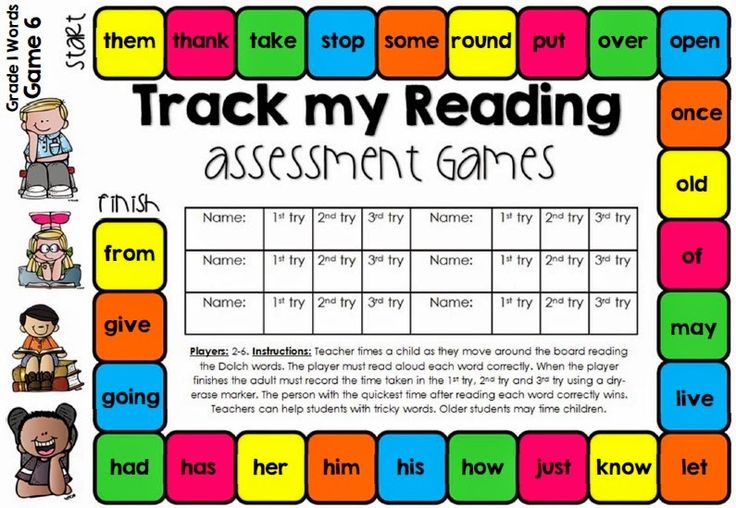 Maybe too quiet? Or too fast? Former US Secret Service Special Agent Evie Pumpuras claims that it is the speech technique that determines how others perceive us, even if we are talking complete nonsense. She guarded four US presidents, was in the twin towers right during the September 11, 2001 terrorist attack. Now she has written a book on how to learn to persuade. In the fall, it is published in Russian by the Bombora publishing house. Inc. Russia publishes an excerpt.
Maybe too quiet? Or too fast? Former US Secret Service Special Agent Evie Pumpuras claims that it is the speech technique that determines how others perceive us, even if we are talking complete nonsense. She guarded four US presidents, was in the twin towers right during the September 11, 2001 terrorist attack. Now she has written a book on how to learn to persuade. In the fall, it is published in Russian by the Bombora publishing house. Inc. Russia publishes an excerpt.
It's not what you say, but how you say it
Be who you want to be.
Socrates
One of the first places I interviewed after leaving the Secret Service was Fox News. Then I knew almost nothing about this network, nor about how to show myself as a full member of it. It was somewhat naive, but I seriously believed that my resume and professional experience would be enough. I was used to an almost military atmosphere, where the senior rank was treated with a kind of reverence. There was a hierarchy there, and over the years I got used to treating it with respect, restraining myself and not saying out loud what I really thought. In the service, I rarely said anything other than "yes, sir", "no, sir" and "that's right, sir." And after working as part of the personal bodyguard of the president, she became at all akin to a similar demeanor. As an agent, I had to literally blend in with the environment. She spoke in an undertone, moved in small dashes so as not to get into the lens along with the president. My task was to protect and protect it, providing, to the extent possible, the maximum level of confidentiality. My presence had to be felt, but at the same time be absolutely invisible.
I was used to an almost military atmosphere, where the senior rank was treated with a kind of reverence. There was a hierarchy there, and over the years I got used to treating it with respect, restraining myself and not saying out loud what I really thought. In the service, I rarely said anything other than "yes, sir", "no, sir" and "that's right, sir." And after working as part of the personal bodyguard of the president, she became at all akin to a similar demeanor. As an agent, I had to literally blend in with the environment. She spoke in an undertone, moved in small dashes so as not to get into the lens along with the president. My task was to protect and protect it, providing, to the extent possible, the maximum level of confidentiality. My presence had to be felt, but at the same time be absolutely invisible.
So when I met with Bill Schein, then Fox News Senior Executive Producer, I took that line. I treated others with respect, spoke to them calmly and with restraint. She was always collected, even when it was necessary to talk about her achievements, received degrees and titles, about the languages that she spoke, and her experience as a highly qualified specialist in interrogations and interviews. Is this not enough for a potential journalist?
She was always collected, even when it was necessary to talk about her achievements, received degrees and titles, about the languages that she spoke, and her experience as a highly qualified specialist in interrogations and interviews. Is this not enough for a potential journalist?
It turned out that the experience of working in the Secret Service does not help much in getting a job on television. A week after my interview, my agent said that the TV channel had not accepted my candidacy. When asked why, she replied that the reason was not explained. I was confused. What did I do wrong? I wanted to understand the situation. In the end, I lost my job anyway, so there is nothing to be afraid of anymore. I decided to call the producer and ask directly.
- Hello, Mr. Shine. This is Evi Pumpuras. I was at your interview.
“Yes…” he drawled, slightly puzzled by my sudden call.
- Sir, my agent said that you did not accept my candidacy.
- Yes, that's right.
— May I ask why?
He was silent.
- We just got the feeling that you are not suitable for us.
- Mr. Shine, I really appreciate your diplomacy, but it is of no use to me. I want to know what I did wrong. There must be a reason why you rejected my candidacy, and I want to know it.
There was silence on the phone, and I added:
- This will help me avoid making mistakes in future interviews. If you tell me what is wrong, I can correct the manner of speech or behavior.
“Listen,” he finally answered. - I have no doubt that you are no worse than the others. You were an agent and you did all these cool things. But when you talk to you, you don't feel it. Your presentation style is completely inconsistent with your experience and past - and this is important on television.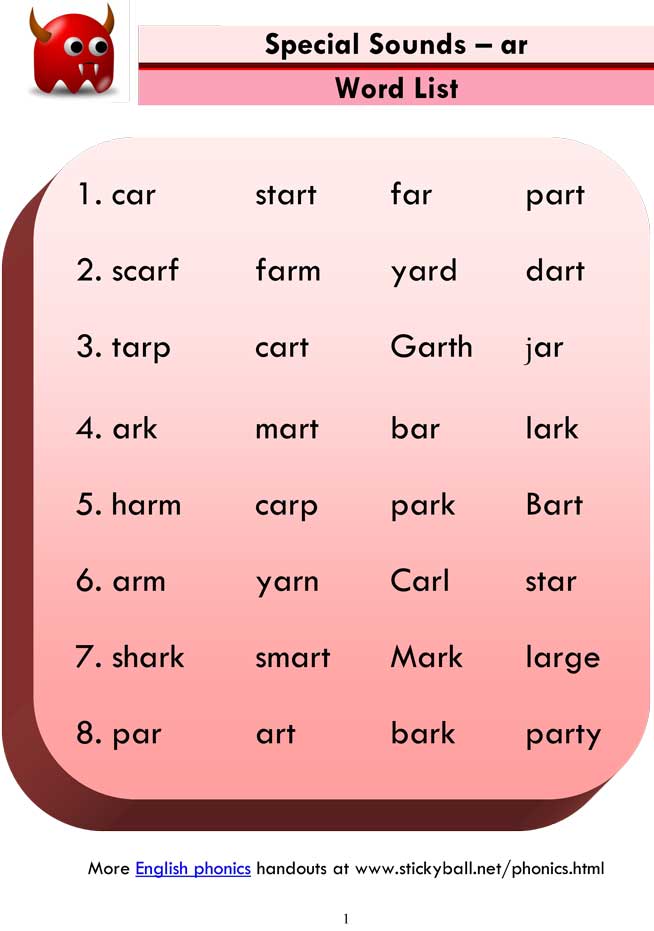 You are somehow... clamped. And here is your voice - it also needs to be worked on. It should be louder, deeper, should reflect what you are talking about. This is the only way to make viewers listen, to win their attention. After all, they listen not only to what you say, but also how. And here is your diction...
You are somehow... clamped. And here is your voice - it also needs to be worked on. It should be louder, deeper, should reflect what you are talking about. This is the only way to make viewers listen, to win their attention. After all, they listen not only to what you say, but also how. And here is your diction...
- Diction?
— Where are you from? - he asked.
- From Queens.
- Just about. It is felt. But I hear something else...
- I am Greek.
- This is what you need to work on. You have too strong an accent to work on television. You need to learn how to speak neutral American English. This is the only way to report from different parts of the country.
- I see. Thank you for your honesty.
“Not at all,” he replied.
After finishing the call, I immediately dialed the number of the William Esper studio, where I once studied acting. I've always had a passion for the arts, which is why, while still an agent in New York, I took a two-year training course for professional actors, and even before that, albeit as a non-core subject, I studied visual arts in college. Acting classes helped me not only to vent my passion, but also to improve my skills as an undercover agent. The head of the studio and my close friend Lait answered me.
I've always had a passion for the arts, which is why, while still an agent in New York, I took a two-year training course for professional actors, and even before that, albeit as a non-core subject, I studied visual arts in college. Acting classes helped me not only to vent my passion, but also to improve my skills as an undercover agent. The head of the studio and my close friend Lait answered me.
- Habibti! his booming voice rumbled in the receiver.
— Hello, habibi! I answered. “Light, I need your help.
- Anything.
- I need to work on my voice. And above the accent.
- Understood. I myself have been trying to neutralize mine for several years. I heard you, habibti. I'll talk to one of our speech and public speaking teachers, let him work with you.
- Shukran, Lait.
- Afuan, habibti.
After saying goodbye to him, I began to look for an interpretation of the word "squeezed." During a conversation with Bill Shine, it unpleasantly cut my ear, but I was not sure that I understood it correctly. Nobody has called me that yet. Here's what I found:
"Suppressed (adj.)" reserved, modest, timid. Synonyms: unpretentious, meek, soft, quiet, shy, distrustful, secretive, timid, cowardly.
What the hell?! I'm not like that at all! How dare he call me that? Although... I mentally scrolled through my interview in my head, trying to imagine how I looked in his eyes. In fact, I behaved modestly, with some kind of even exaggerated respect - for so many years I got used to obey, I was taught this. He only told me the truth, no matter how bitter and unpleasant it may be; their sincere impression of what they saw and heard.
Having understood this, I also realized my two main mistakes:
1.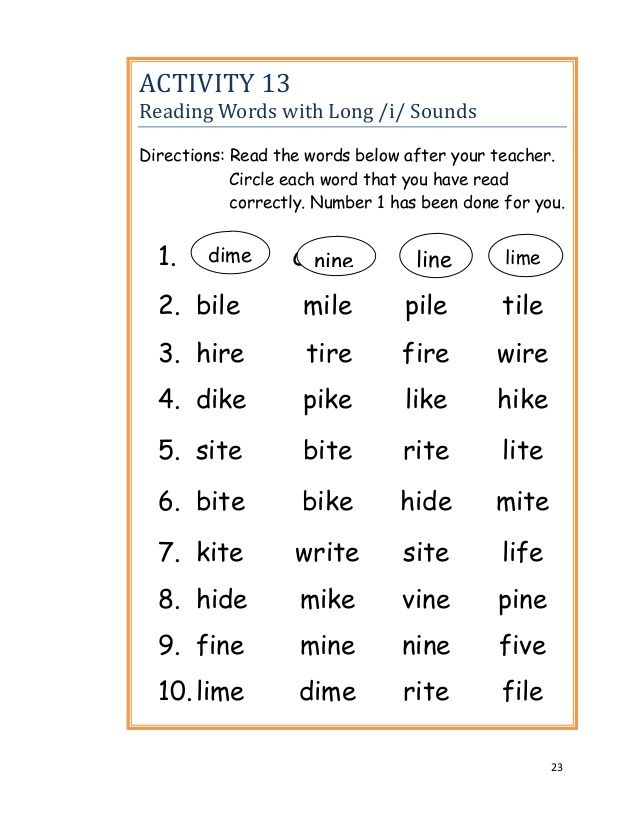 From the very beginning, I chose the wrong model of behavior, the wrong “version of myself”. "Evi-special agent" came to the interview - not at all what they needed to show.
From the very beginning, I chose the wrong model of behavior, the wrong “version of myself”. "Evi-special agent" came to the interview - not at all what they needed to show.
2. Voice. In the service, I always tried to remain calm and quiet humility, but in general I never attached much importance to my voice. I did not make any effort to make him more powerful, on the contrary, I did my best to hold him back. The fact is that working in the Secret Service attracts mainly people with a type A personality (the leading reaction is “hit”), and most of them are men. Throw in the badges and pistols and testosterone levels are off the charts. At that time, only two percent of the president's bodyguards were women. It was impossible to survive in this world without cunning and flexibility, because it was necessary to find a common language with law enforcement officers and other military organizations every day. It was especially difficult in those missions where I was assigned the role of leader.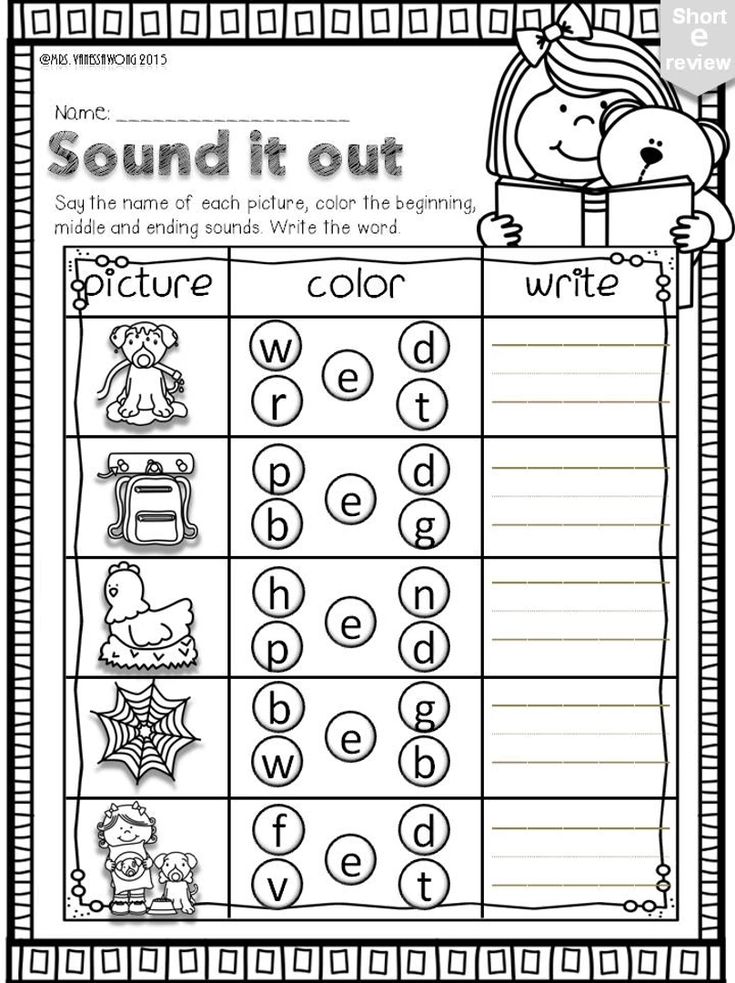 I didn't want to be seen as some sort of commanding officer by my male colleagues (as was often the case with my more authoritarian co-workers), and over time I developed the habit of deliberately softening my voice so as not to offend others.
I didn't want to be seen as some sort of commanding officer by my male colleagues (as was often the case with my more authoritarian co-workers), and over time I developed the habit of deliberately softening my voice so as not to offend others.
Unfortunately, for women in this field, self-confidence is automatically equated with bitchiness. And although I chose a low profile for myself for strategic reasons, the defeat at the Fox News interview taught me that in a television career it was of no use. So far, it has not been about fundamentally changing my essence, only about giving strength and power to my voice.
Your real voice
We each have a voice that we use and a true, real voice. It is likely that now you are speaking not with a true voice, but with the one that has been formed in you during your life. It is the focus of all your markers of self-confidence or lack thereof, uncertainty, fears and anxieties. It is possible that your race, cultural traditions in which you were brought up, ethnicity and gender have left an imprint on him. So, girls often try to merge with the environment, speak softly and timidly. Boys are taught to speak loudly. Our voices are shaped by our parents, the neighbors we grow up around, the school we go to, whether we get along well or are ostracized. In addition, socio-economic factors also influence the formation of the voice.
It is possible that your race, cultural traditions in which you were brought up, ethnicity and gender have left an imprint on him. So, girls often try to merge with the environment, speak softly and timidly. Boys are taught to speak loudly. Our voices are shaped by our parents, the neighbors we grow up around, the school we go to, whether we get along well or are ostracized. In addition, socio-economic factors also influence the formation of the voice.
We attach much more importance to what we say and how we look. When we write a speech or prepare a presentation, we memorize phrases and remember key points. We scrupulously approach the choice of clothes and the image in which we appear before the public. And at the same time, we rarely pay attention to the instrument with which we will convey our thoughts. And this is where paralinguistic aspects are so important.
What is paralinguistics? This is the doctrine of verbal communication that occurs beyond words.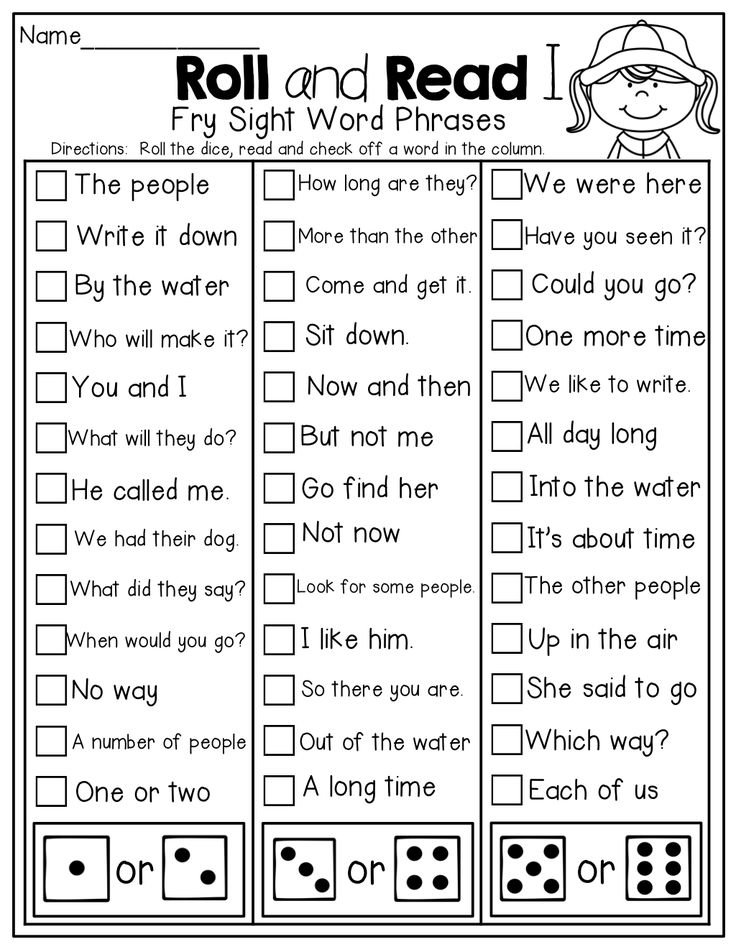 In it, much more importance is given not to what we say, but to how we say it. Paralinguistic aspects include accent and intonation features, voice timbre and tonality, as well as speech tempo and loudness. Few of us spend whole days on voice exercises, and therefore the habits acquired in this area are for the most part unconscious and automatic. An attentive attitude to the paralinguistic parameters of one's speech is the key to an adequate assessment of one's own personality and behavior. By determining how certain speech habits affect your life and attitude, you can make the right choice in which elements - internal or external - to leave, and which ones to change.
In it, much more importance is given not to what we say, but to how we say it. Paralinguistic aspects include accent and intonation features, voice timbre and tonality, as well as speech tempo and loudness. Few of us spend whole days on voice exercises, and therefore the habits acquired in this area are for the most part unconscious and automatic. An attentive attitude to the paralinguistic parameters of one's speech is the key to an adequate assessment of one's own personality and behavior. By determining how certain speech habits affect your life and attitude, you can make the right choice in which elements - internal or external - to leave, and which ones to change.
Have you ever listened to an audio recording of your own speech and thought: “I have a completely different voice!” If what you hear does not seem to you to be a faithful reflection of your real voice, then the voice that you use does not harmonize with your essence. This is not your true voice.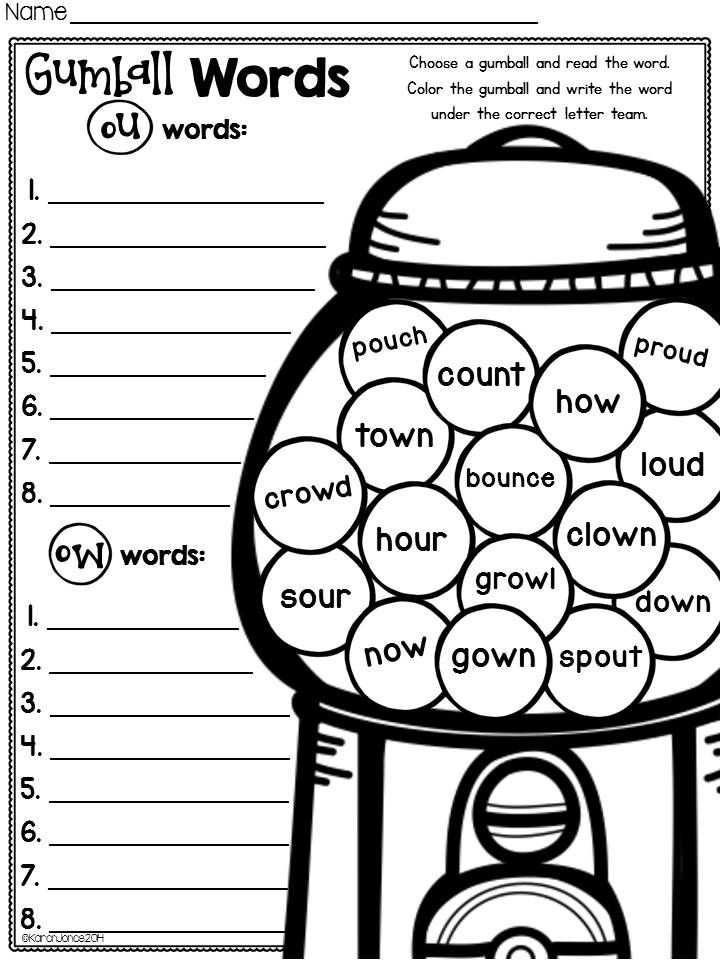 Perhaps, as you grew up, you were taught that it should sound like that, or you got used to using it to cope with a difficult life situation - say, if you had to endure abuse from parents or brothers and sisters with a difficult character.
Perhaps, as you grew up, you were taught that it should sound like that, or you got used to using it to cope with a difficult life situation - say, if you had to endure abuse from parents or brothers and sisters with a difficult character.
Have you ever heard how someone's voice suddenly changed when talking about their difficult childhood - let's say, it became higher, as if it belongs to a younger person? This happens when a person has suffered an injury at a tender age. Such people have no control over the paralinguistic aspects of their own voice, and when they are especially vulnerable, their youthful side will involuntarily make itself felt. They relive what happened, as if seeing it through the eyes of their then selves.
Others also have a strong influence on us. We adopt their habits, tonality and intonation, tempo of speech and characteristic tone. After talking with my mother for some time, I notice that I involuntarily “infect” myself with some speech turns from her. It happens on a completely instinctive level, and my husband notices it every time. But this happens to each of us from time to time. If you want to impress one of your colleagues, try to adopt their speech habits. Or borrow the manner of speech of one of your friends.
It happens on a completely instinctive level, and my husband notices it every time. But this happens to each of us from time to time. If you want to impress one of your colleagues, try to adopt their speech habits. Or borrow the manner of speech of one of your friends.
To better understand the paralinguistic aspects of your speech, first of all, you need to start from where your voice comes from. So, people with a nasal voice, as a rule, speak through their nose. Those who have a deeper timbre engage their throat more actively. Someone speaks as if with a chest - their voice is a little higher, with a breath. And then there are those who speak with their stomachs, which results in a deeper, louder and more powerful timbre. All my life I have spoken with my throat - and now I decided to learn how to speak with my stomach, thereby strengthening the connection with the source of my inner strength. As an exercise, try using each of these body parts—nose, throat, chest, and belly—and listen to your own voice: which of these options is closest to the one you use every day? Then decide which timbre you like best and practice it to give your voice strength.
How others hear you
University of Miami professor Casey Klofstad conducted a study on the 2012 election, comparing the voting parameters of winning candidates and those who lost. As a result, it was found that out of 435 people who put forward their candidacy, those who had a deeper and lower voice most often won. There was another study in which Klofstad also concluded that voters preferred candidates with a low timbre of voice. In particular, women with deep voices were perceived as stronger and more confident, and therefore more credible in elections.
In 2002, representatives from several universities conducted a collaborative analysis to determine the degree to which a surgeon's tone of voice and the likelihood of being sued for medical malpractice or negligence were affected. The researchers listened to forty-second audio recordings of each surgeon's voice and found that those who sounded arrogant and apathetic, or lacking in empathy, came across as indifferent; as a result, they were the most frequently sued.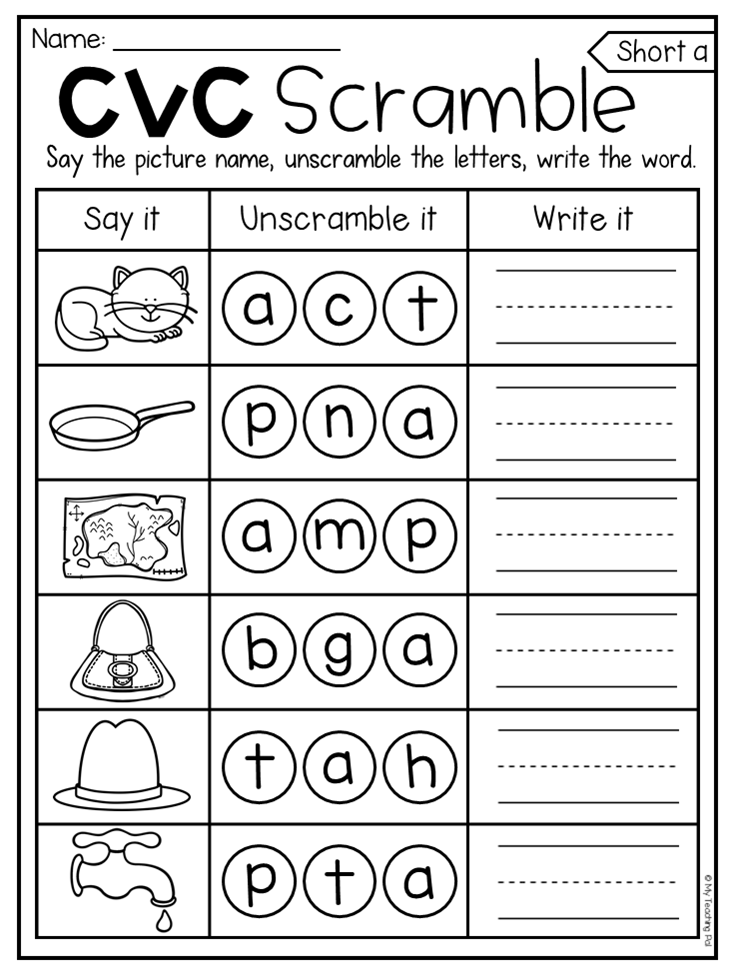
Those whose voice radiated warmth and who seemed more professional in communication were much less likely to receive complaints and claims. Without a doubt, voice and manner of speech play an important role in our worldview, and just as much influence our success. Often we ourselves do not know what our paralinguistic characteristics say about us, or what impression our voice makes on other people. To better understand ourselves, consider the most common verbal habits that can increase or decrease the effect of your speech.
Speech rate - fast or slow
Fast: shows excitement.
If you find in yourself a tendency to speak quickly, then it most likely seems to others that you are always in a hurry to express your thought. This gives the impression that you do not want to take their time, since your thoughts and knowledge are not so important. You are also likely to often stray from the logic of presentation and make mistakes. You can say something that you haven’t fully thought through, and then regret it. In general, the increased speed makes your speech seem jittery and not very coherent.
You are also likely to often stray from the logic of presentation and make mistakes. You can say something that you haven’t fully thought through, and then regret it. In general, the increased speed makes your speech seem jittery and not very coherent.
Slow: speaks of strength.
I'm not saying that you should speak slowly, drawing out words like in the Deep South (no offense, my southern friends!) necessary time to collect thoughts and express them clearly. Speaking slowly also signals that you and your views are important. It contains the confidence that the listener will not regret spending time on you.
President Obama is a great example. When I was an agent, my duties included immediately notifying my colleagues on the radio if the object of protection moved from place to place. However, under Obama, this was unnecessary, since it was heard from everywhere. As he moved from the West Wing to the residence, his voice echoed through the corridors.
As he moved from the West Wing to the residence, his voice echoed through the corridors.
And he was never in a hurry when he delivered his speeches. Do you think, speaking in prime time, he thought: “We need to hurry up, otherwise I’m delaying the show!” No. He did everything measuredly, because he knew: his words are important and they need to be conveyed to the listeners. It was this approach that made him an outstanding and powerful speaker. Yes, I understand that he was the president of the United States, and his words mattered, but the point is not who he was, but how he decided to pronounce them. You don't have to be a world leader to speak persuasively.
Declared speech
The meaning and communicative power of an utterance is determined not only by words, but also by how they are pronounced. When a person is not confident in himself, the intonation creeps up towards the end of the phrase, and instead of a statement, a question is obtained. Take at least one of the most powerful and famous sayings of our time - "I have a dream." Say it to yourself with original intonation. Now imagine how much its meaning would change if the emphasis were slightly shifted: "Do I have a dream?" The effect is not the same.
Take at least one of the most powerful and famous sayings of our time - "I have a dream." Say it to yourself with original intonation. Now imagine how much its meaning would change if the emphasis were slightly shifted: "Do I have a dream?" The effect is not the same.
That's the power of declarative speech: it means you have something to say to the world. Don't belittle your words with doubt. Fill them with the significance and weight they deserve by speaking loudly and with confidence in your voice. Often we are afraid to say something wrong, to make a mistake - and hide in a shell, renouncing our statements and beliefs. How often do I get approached by women who talk about how at the next meeting or meeting they voice a certain thought only to be appropriated by one of the men present a second later. Avoiding this is very simple: just speak confidently, putting all your passion into your voice - this way you instantly claim the rights to your idea.
Parasitic words
“It”, “well”, “as if”, “like that”, “in short”, “uh-uh”
All these are parasite words. We put them in when we don't know what to say, we fill in the gaps to gain time. Of course, this is a great way to collect your thoughts and bring the phrase together, but these same words are great harm to your speech, making it paler and weaker. Parasite words can negate the significance of almost any of your statements. Therefore, instead of resorting to their help in an attempt to buy time, try to think in advance and formulate what you intend to say.
We put them in when we don't know what to say, we fill in the gaps to gain time. Of course, this is a great way to collect your thoughts and bring the phrase together, but these same words are great harm to your speech, making it paler and weaker. Parasite words can negate the significance of almost any of your statements. Therefore, instead of resorting to their help in an attempt to buy time, try to think in advance and formulate what you intend to say.
If you want to be respected, start with your voice and speech - there should be no "uh" and "as if" in it. By the way, if you speak more slowly, then parasitic words will not be needed.
Silence
Many of us cannot stand silence. Moreover, the Americans seem to be ahead of the rest. We do our best to avoid silence, filling in all the gaps and pauses with words. We all rattle and chatter, splashing meaningless words out of ourselves, repeating ourselves, abundantly sprinkling our speech with parasitic words. Meanwhile, silence, when used correctly, can be one of the most effective tools. It can be used to perform two tasks. First, think carefully about what you are going to say, pause and choose your words carefully. So the speech will seem well-structured and thought out. Secondly, the listener will be able to better feel what you said. Instead of a stream of chaotic thoughts and words, instead of throwing at him the first thing that comes to your mind, you will give him deeply meaningful and carefully considered ideas that are more likely to resonate in his soul.
Meanwhile, silence, when used correctly, can be one of the most effective tools. It can be used to perform two tasks. First, think carefully about what you are going to say, pause and choose your words carefully. So the speech will seem well-structured and thought out. Secondly, the listener will be able to better feel what you said. Instead of a stream of chaotic thoughts and words, instead of throwing at him the first thing that comes to your mind, you will give him deeply meaningful and carefully considered ideas that are more likely to resonate in his soul.
When you stop talking after saying a thought, the listener gets the opportunity to independently comprehend and digest what he heard. But if you speak non-stop, repeat yourself, adding unnecessary details and comments, then what you said soon loses its meaning and significance.
Speak louder
If you're talking and no one is listening, what's the point of talking at all? A quiet voice is a sign of self-doubt and embarrassment or fear of expressing thoughts aloud.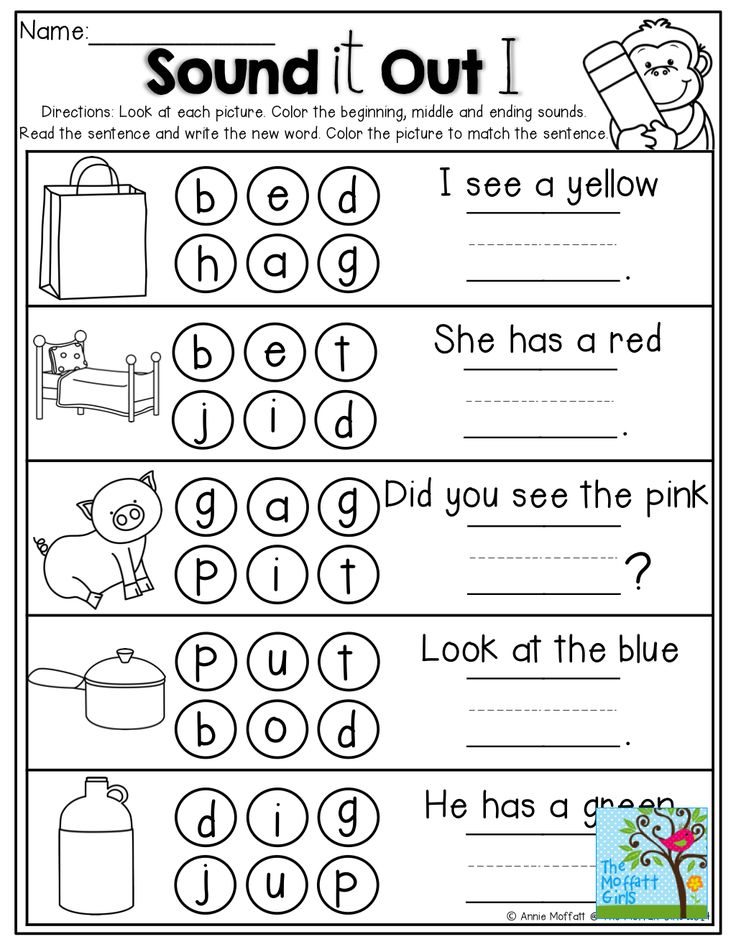 But if you speak loudly and clearly, then as if you are declaring that your speech deserves attention. Listen to yourself, at least sometimes; try to pay attention to repeating patterns and patterns. Do you happen to speak more quietly with certain people than with others? Are they the ones who have ever hurt you, or the ones you fear? Maybe you start to speak more quietly in certain situations? Very often, the inability to speak loudly is associated with an emotional block, so if you feel like you constantly face this problem, it may be worth thinking about the nature of a quiet voice, about its true causes, and try to find a way to increase emotional firmness and stability.
But if you speak loudly and clearly, then as if you are declaring that your speech deserves attention. Listen to yourself, at least sometimes; try to pay attention to repeating patterns and patterns. Do you happen to speak more quietly with certain people than with others? Are they the ones who have ever hurt you, or the ones you fear? Maybe you start to speak more quietly in certain situations? Very often, the inability to speak loudly is associated with an emotional block, so if you feel like you constantly face this problem, it may be worth thinking about the nature of a quiet voice, about its true causes, and try to find a way to increase emotional firmness and stability.
What is your true voice?
Record your voice while talking to someone, giving a speech, reading a news article, or reading an excerpt from a book. And now listen to what happened. Maybe your voice is too high or too quiet? Or does the intonation go up at the end of each sentence? Is there passion and authority in your voice? Are you confident in yourself or, on the contrary, doubt your own words?
If your first thought is “I hate my voice! He's terrible! I can't hear myself!" - it's time to fix it.
If you don't like something in your speech, note it to yourself and try to change it. Pay attention to those aspects that you would like to correct. But take it step by step. For example, if you speak too fast, use a lot of stray words, and your voice is too high, don't try to change everything at once. In itself, the decision to change your voice speaks of a huge conscious effort, because most of the speech habits are instinctive and unconscious, moreover, they will probably accompany you for more than one year. Start with one of them. For example, try to speak more slowly and focus only on this aspect for a month. It takes twenty-eight days to break a habit, and that's what we need, to change your paralinguistic habits. Once you've successfully changed the first habit, move on to the next one.
Preparation means confidence
As an educator, I want my students to excel not only in the curriculum but also in life after college. That's why every semester, instead of some kind of essay, I give them the task of preparing a presentation and speaking to the class.
That's why every semester, instead of some kind of essay, I give them the task of preparing a presentation and speaking to the class.
On average, I teach groups of thirty-five people and the class is three hours long, so each student has five minutes to present. Most of them feel awkward and embarrassed to speak in front of their classmates. But I know that if I help them develop their speech skills, it will pay off later. During the presentations, you can immediately see who was preparing and who was not. You can determine this by the tone of your voice: it becomes slower and more methodical.
When a student has learned the material well, he speaks slowly and as if with feeling. He seems to be aware of the authority of his opinion on the issue being presented, and even if he is nervous, you cannot hide his confidence. Those who didn't try, did their research in a hurry, speak so fast that they stumble over their own words and keep inserting parasitic words to cover up a gap in knowledge. Their phrases are like questions, and the lack of preparation is immediately noticeable by how hesitantly they speak.
Their phrases are like questions, and the lack of preparation is immediately noticeable by how hesitantly they speak.
I can usually verify this after the presentation by asking questions. Those who spoke quickly tend to have some difficulty because they do not know the topic well enough to respond spontaneously to the question posed. And vice versa, those who are well prepared answer more thoroughly and confidently.
Less is more
I am often approached by people asking me to make their voice heard at meetings and conferences. They believe that if they actively speak at each meeting, then the very fact of their presence will be recognized by colleagues. But there is one BUT. People will only listen if you have something to say - and it should be really important. If you just say "because it's necessary", what's the point? From this, your words will not become more weighty. If you do not say something relevant and valuable, those around you will understand that only excessive ego and self-doubt speak in you. You care about yourself, not about the general benefit.
You care about yourself, not about the general benefit.
Personally, I'm silent in half of the meetings - I prefer to listen. Sometimes I just don't have anything to add, or someone has already said what I was going to say. It happens. When this happens, I don't leave the battlefield in a rage. Remember: your task is new knowledge and information gathering. It is most important. Because, I repeat, if you listen, you can learn a lot. And when you decide to speak, you will do it wisely. In addition, the less you say, the more noticeable your statement will become for others, and the more valuable.
Lesson 13: Voiced and voiceless consonants
Lesson 13: Voiced and voiceless consonants
In Russian, we distinguish between voiced (with the participation of tone - sound) and deaf (only with noise) consonants.
| Voiced: b, c, e, h, f, d | only voiced (sonorous): l, m, n, p, d |
| Deaf: m, f, t, s, w, k | deaf only: h, w, c, x |
The influence of the subsequent consonant on the quality of the previous one is called regressive assimilation , this is, for example, stunning or voicing of consonants in Russian.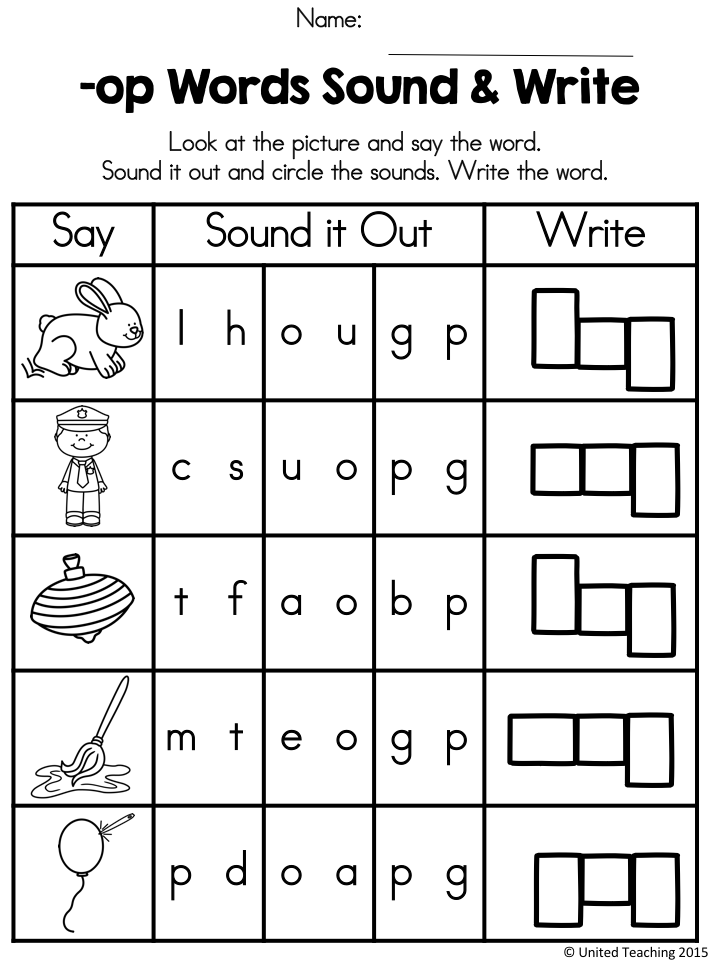
Voiced consonants, other than sonorants, at the end of words are pronounced as the corresponding voiceless ones:
Voiced consonants in the middle of a word before voiceless are stunned (pronounced as voiceless):
Voiceless consonants in the middle of a word before voiced are voiced (pronounced as voiced):
Before the consonant "v", as well as before sonorants "l", "m", "n", "p" and before vowels, consonants do not change their quality: consonant, is stunned and pronounced like [f]:
The preposition "s" before a word beginning with a voiced consonant (except "v"), is voiced and pronounced like "z":
Exercise
Exercise 13.1
Indicate which of these letters represent voiced and which voiceless sounds. Name the corresponding paired sounds.
/v/, /w/, /h/, /t/, /m/, /r/, /s/, /b/, /k/, /x/, /c/
Exercise 13.
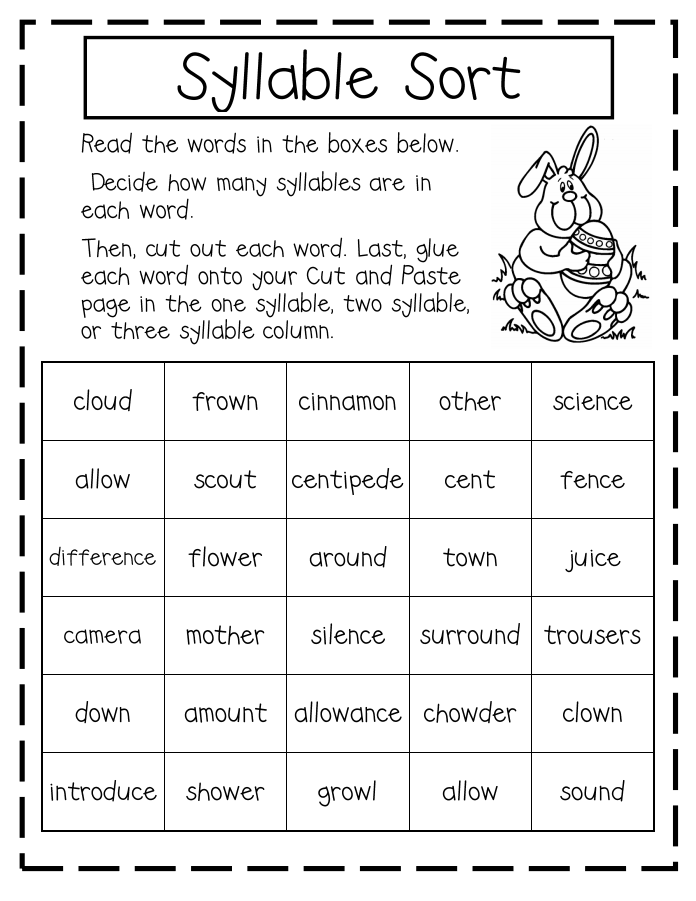 2
2 Listen and write syllables
| yes - yes | th - ko |
| to - more | ms - sha |
| wu-fu | su-zu |
Exercise 13.3
Transcribe
Today I will go to the park with a friend.
Give me h and a clean knife, a spoon and a mug!
I made one osh and in dictation.
For lunch I and had a delicious cake.
Our train and was late to the station.
A large oak grows under the window.
We were watching a new fairy tale in the theatre.
I am always humming I am with my brother in the garden.




